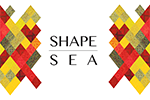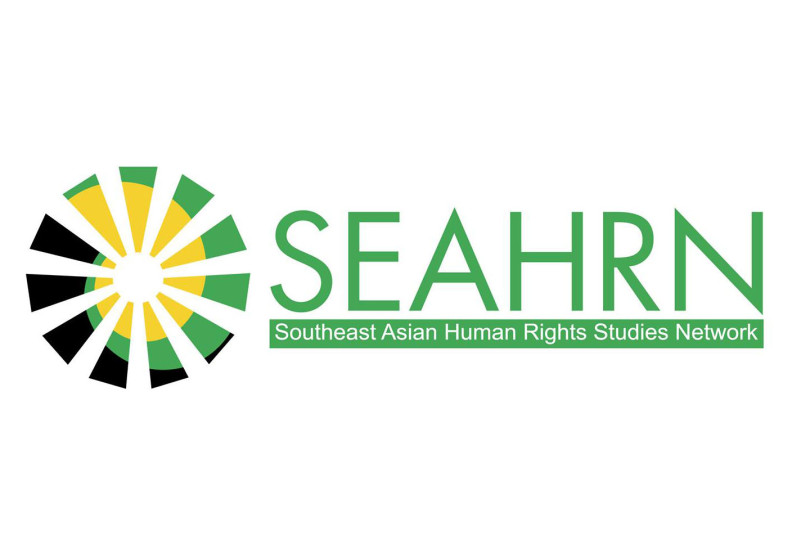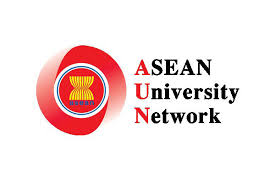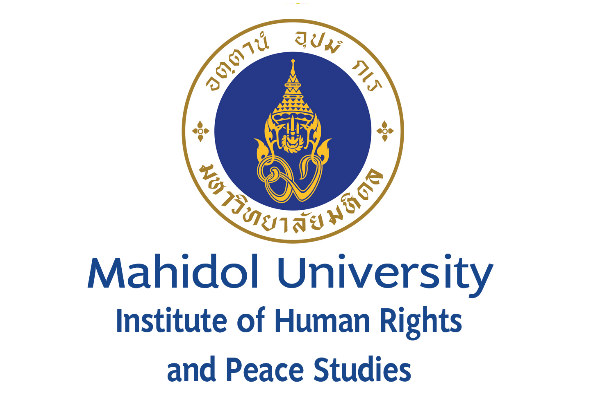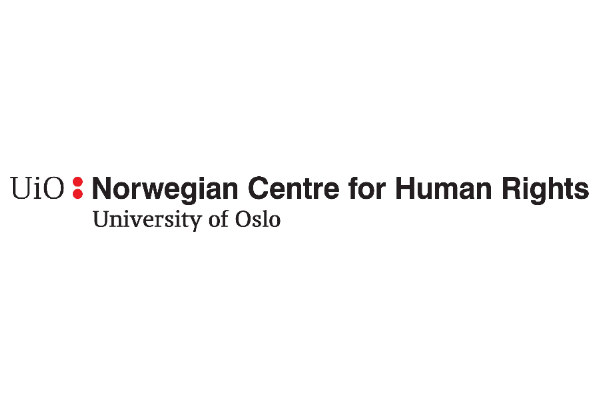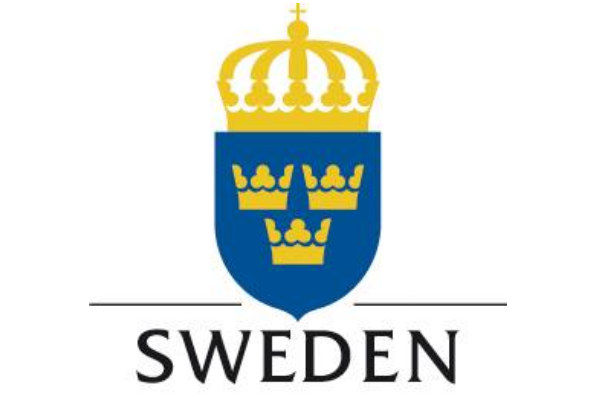SHAPE-SEA Programme | Programme Impacts | Theory of Change
SHAPE-SEA has gained visibility and established credibility as a reliable, constructive and nurturing hub for Southeast Asian human rights and peace scholars, researchers and academics. The following are significant impacts achieved in the span of five years (2015-2019.
- Activities provided opportunities for network building among participants at various levels – from identifying possible joint activities, to collaborating on research projects, to uniting on specific issues across institutions, e.g., in formulating the Surabaya Principles of Academic Freedom.
- Most of the activities were a result of consultation with local stakeholders, i.e., activists, academics and students. The needs-based approach ensures that stakeholders are receiving information and expertise most useful to them.
- We were able to facilitate meaningful interaction among academics, scholars, governments and other civil society actors, like NGOs and the media, where they are encouraged to discuss and collaboratively identify solutions to specific human rights and peace issues.
- The Research Grants Programme enabled researchers to reach out to and report on the issues of marginalized and vulnerable communities that remain under-represented in the regional human rights and peace discourse and narrative.
- Through the research trainings, critical strands and rights-based tools for data collection and analysis were mainstreamed.
- Through the mentorship programme, the close collaboration with experts on human rights and/or peace helped build the capacity of researchers. It also allowed academic/scholars to network with one another through knowledge sharing, exchange of faculty members and strengthening institutional and individual capacities.
- Through the Human Rights in Southeast Asia Outlook and research projects, the state of human rights and peace in the region was documented, which can become an important tool to learn from the past in order to address recurring and prevent future violations.
- Through the work in Publications, there is now a quality body of work specific to human rights and peace in Southeast Asia written primarily by Southeast Asians. The Outlook, for example, is a commentary of the writers on the state of human rights in their home countries, providing the necessary credibility due to proximity and familiarity.
- The national seminars, in total, have welcomed 909 participants, with over 6000 participating remotely. As these seminars were conducted in the national languages, we are able to support [re]producing, [re]narrating and [re]nativizing human rights and peace in Southeast Asia in the most relevant way possible.
- The regional dialogues were purposively designed to highlight gender and gender equality issues in the region. They provided not only a forum for academics and CSOs to interact; but more importantly they were safe spaces given to reflect on our practices and for intergenerational interaction.
- The lecturer workshops have provided safe and constructive space for lecturers to share their experience and strategies in teaching human rights in increasingly restrictive contexts, and this likewise served as input in improving the training module.
- The public advocacy component is crucial to advocating for policy change for human rights and peace research and education in the region. While the academe remains a priority, small headway is being made in gathering tools of/ for advocacy.
- These efforts are supported by the high-level outreach to Southeast Asian governments to lobby for the institutionalization of a common university-level program/ courses on human rights and peace, with the development of key inputs including a curriculum, teaching manual, textbook and other reference material.

